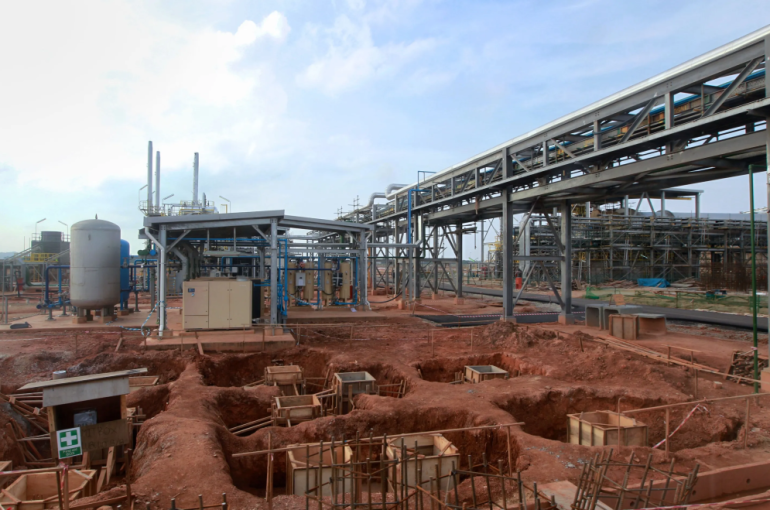Malaysia must reform fast and think regional, say experts at Bursa panel

The Lynas Rare Earths plant in Kuantan. Malaysia has the world’s only non-Chinese rare earth facility (pic: Bloomberg)
By AUFA MARDHIAH
MALAYSIA needs to fix outdated trade policies, protect its economic position, and team up more effectively with ASEAN partners to navigate the new era of global protectionism.
With the US reinstating tariffs and global volatility rising, experts said Malaysia can no longer afford to delay reforms or rely on old assumptions about trade stability.
Socio-Economic Research Centre ED Lee Heng Gui suggested the government delay its planned targeted petrol subsidy rollout to avoid extra pressure on households already grappling with cost-of-living issues.
“Maybe the rollout of the petrol subsidy should be paused for a while,” he said at the Bursa Malaysia-ECKL-CIMB Roundtable on “Global Headwinds vs Domestic Resilience: Refreshed Outlook 2025” today.
At the same time, Malaysia was urged to urgently update decades-old trade laws and fix non-tariff barriers (NTBs) such as licensing delays, customs red tape and inconsistent halal standards across the region.
“Many of our laws are from the 1960s and 1980s. The review cannot wait two years — it needs to happen now,” said ASEAN Business Advisory Council Malaysia chairman Tan Sri Nazir Razak.
Additionally, Malaysia also faces the risk of being used as a transshipment base, where goods are relabelled as Malaysian exports to bypass US tariffs — a move that could invite trade penalties.
“If we do not fix the trade imbalance and stop backdoor exports, the US will come after us,” Lee said.
Instead of broad trade deals, panellists recommended sector-focused agreements, especially around rare earths and critical minerals, where Malaysia can offer strategic value to Washington.
“We have the world’s only non-Chinese rare earth facility — that is something valuable to offer,” Lee added.
The forum also called on ASEAN to rethink its integration goals. Rather than aim for a full economic union, the bloc should focus on realistic collaboration like easing NTBs and enabling regional companies to operate more freely across borders.
One solution proposed was the ASEAN Business Entity (ABE) model, which would grant regional firms like CIMB Group Holdings Bhd or Standard Chartered PLC more mobility in talent, data and operations.
“We cannot build a single production base overnight, but we can create frameworks that allow regional firms to move talent, capital and services across the region more efficiently,” Nazir said.
ASEAN’s weak collective bargaining was also highlighted. Unlike the European Union (EU), the bloc still negotiates bilaterally, undermining its influence in global trade talks.
Speakers agreed that Malaysia and its neighbours must be ready for a multipolar trade world, where volatility is the norm and long-standing alliances are no longer guaranteed.
They also stressed the importance of balancing ties with both the US and China, while continuing to expand intra-ASEAN trade.
Read more at themalaysianreserve.com


